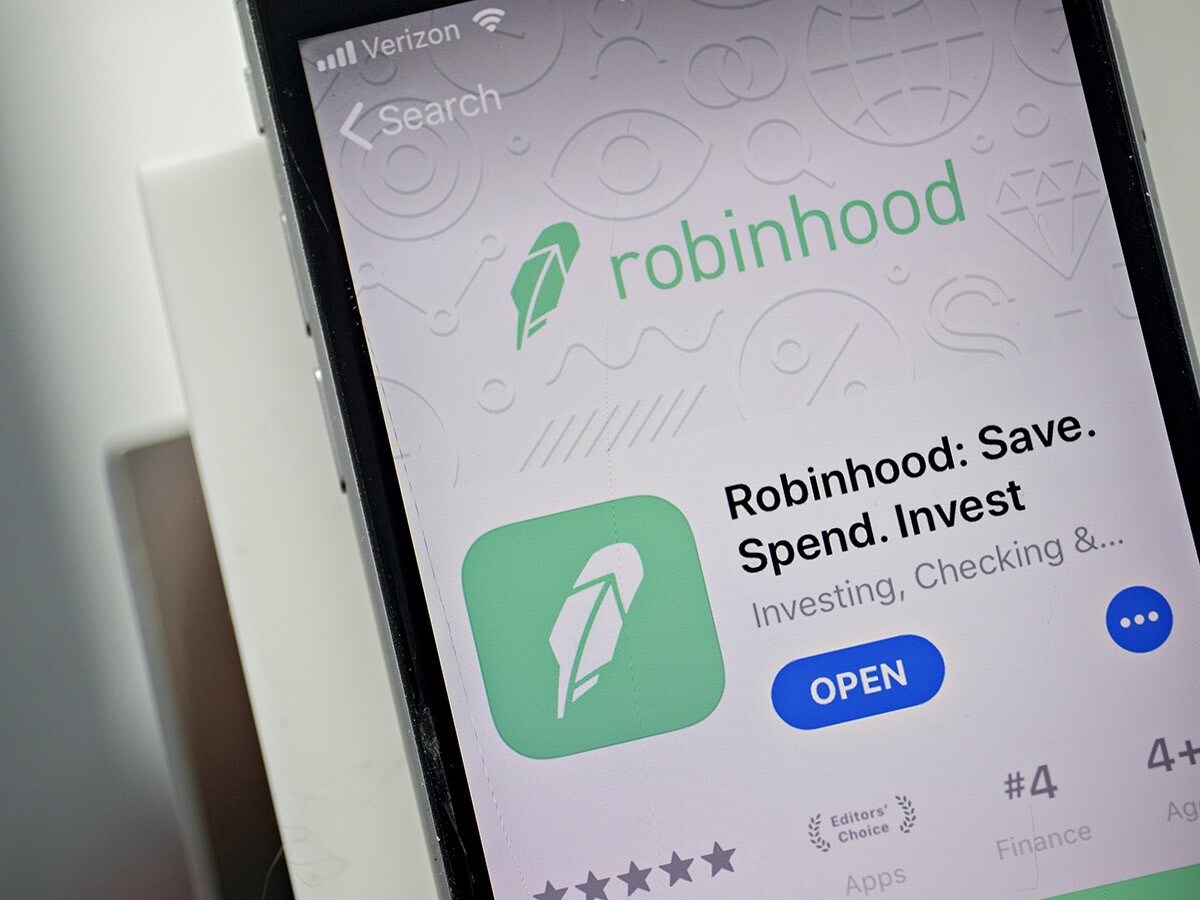Big tech and work-from-home stocks have been red-hot in 2020.
From the March sell-off to the start of September, Tesla’s [TSLA] share price soared nearly 600%, while Apple’s [AAPL] share price climbed a modest 145% during the same period. King of the remote-working revolution Zoom’s [ZM] share price rose 325%, while chip maker Nvidia’s [NVDA] share price was up around 195% as data-centre demand surged.
With more people looking to keep fit during lockdown, connected fitness company Peloton’s [PTON] share price jumped 350%. More people were also buying athletic apparel, which resulted in gains of 185% for retailer Lululemon [LULU].
600%
Tesla's share price rise since March sell-off to start of September
These companies and others have prospered during the coronavirus pandemic, and are likely to continue to do so for some time yet. However, their tidal wave-like surge to all-time highs has led to the US market becoming extremely overvalued. In fact, recent reports even suggested that Softbank [9984], the Japanese conglomerate dubbed the Nasdaq whale, helped fuel the tech rally with its massive bets.
Many analysts and financial experts had been predicting a sudden and sharp pullback, however, so it was no surprise when this arrived in September.
Now share prices are beginning to claw back some of the gains they lost at the beginning of the month, one question has been raised by the inquest following the route: what role did retail traders and rookie investors play?
A tonic for tough times
The pandemic created widespread employment uncertainty, with hundreds of thousands of people in the UK and US having already lost their jobs. This insecurity has drawn more people to online brokers — notably fintech start-up Robinhood — to help them build an investment portfolio in the hope of making a quick return on their money.
According to a note from Tobias Levkovich, chief US equity strategist at Citi, these platforms give ordinary people “who sense a generational-buying moment, but do not have much background in the equity space” an opportunity to become rookie investors and start speculating in the market.
“We have heard anecdotally about younger individuals with less market experience viewing the March plunge as a unique time to start portfolios and often crowding into the tech arena, purchasing the stocks whose services or products they know and use,” Levkovich wrote back in May.
“We have heard anecdotally about younger individuals with less market experience viewing the March plunge as a unique time to start portfolios and often crowding into the tech arena, purchasing the stocks whose services or products they know and use” - Tobias Levkovich, chief US equity strategist at Citi
Data from Cboe Global Markets shows that there were, on average, 18.4 million contracts for single stock equities a day in August — retail traders are more likely to trade individual companies than exchange-traded funds (ETFs) and indexes. This was up 80% year-over-year, as reported by Barron’s.
Mike Lewis, head of Americas cash equities trading at Barclays, told the Financial Times: “Activity in the options market may have been responsible for a portion of the move in volatility heading into the sell-off we just witnessed.” He argued that the tech rout had stopped, which confirmed to him “a correction rather than a reversal”.
With the appetite of retail traders showing no sign of being satiated, there could be further volatility ahead. Despite the US Federal Reserve announcing on Wednesday 16 September that the interest rate will remain unchanged for the next three years, the lack of an announcement on further stimulus has left many investors nervous.
Furthermore, through Wednesday and the following days, several big-name tech and momentum stocks saw another pullback, albeit not as bad as the one earlier in the month. This can be partly attributed to the fact that Friday 18 September was the third quarter’s expiry day for options.
“If we assume that retail is long a lot of these September expiring calls in stocks like Apple and Tesla and the market continues to move lower, due to the aftermath of the Fed, market makers unwind their hedges against those long calls. In theory, that could exacerbate the move lower, but it really works in either direction,” Chris Murphy, co-head of derivative strategy at Susquehanna International, told CNBC.
He added that the equity open interest was up almost 40% year-over-year in September.
“If we assume that retail is long a lot of these September expiring calls in stocks like Apple and Tesla and the market continues to move lower, due to the aftermath of the Fed, market makers unwind their hedges against those long calls. In theory, that could exacerbate the move lower, but it really works in either direction” - Chris Murphy, co-head of derivative strategy at Susquehanna International
The blame game
So, can ordinary traders buying and selling on their smartphones really be to blame for stoking the tech rally?
In an interview with Bloomberg Television in June, Joseph Mecane, head of execution services at Citadel Securities — the company handles 40 of every 100 shares bought by retail traders — claimed that retail traders accounted for around a fifth of all investors when the pandemic-driven market sell-off was in full swing.
Historically, one in 10, and no more than 15%, of investors have been retail traders.
“Retail is clearly a significant force, but they’re not going to be the ones that are solely able to drive valuation or market levels” - Joseph Mecane, head of execution services at Citadel Securities
Despite this unprecedented surge in equity retail trades, Mecane said that the impact this group of investors has had should not be overplayed.
“Retail is clearly a significant force, but they’re not going to be the ones that are solely able to drive valuation or market levels,” Mecane explained.
Disclaimer Past performance is not a reliable indicator of future results.
CMC Markets is an execution-only service provider. The material (whether or not it states any opinions) is for general information purposes only, and does not take into account your personal circumstances or objectives. Nothing in this material is (or should be considered to be) financial, investment or other advice on which reliance should be placed. No opinion given in the material constitutes a recommendation by CMC Markets or the author that any particular investment, security, transaction or investment strategy is suitable for any specific person.
The material has not been prepared in accordance with legal requirements designed to promote the independence of investment research. Although we are not specifically prevented from dealing before providing this material, we do not seek to take advantage of the material prior to its dissemination.
CMC Markets does not endorse or offer opinion on the trading strategies used by the author. Their trading strategies do not guarantee any return and CMC Markets shall not be held responsible for any loss that you may incur, either directly or indirectly, arising from any investment based on any information contained herein.
*Tax treatment depends on individual circumstances and can change or may differ in a jurisdiction other than the UK.
Continue reading for FREE
- Includes free newsletter updates, unsubscribe anytime. Privacy policy





